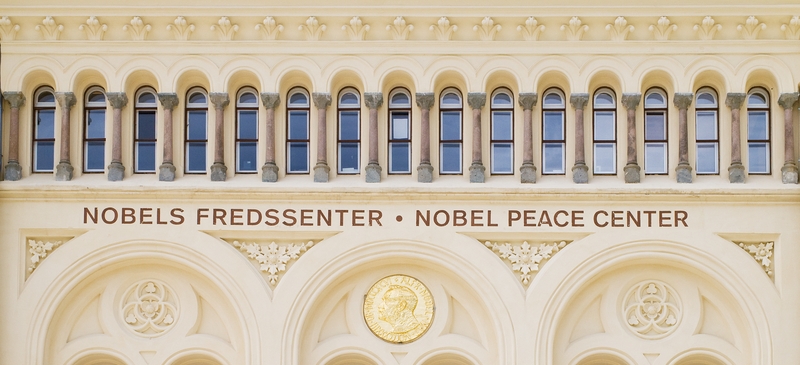
Nobel peace prize leads EU to question its raison d'être
Charles Grant director of the CER, initially laughed off the award but then decided it was a significant moment."My first reaction was to think it was a joke," he said. "But the more I thought about it the more I realised that these Nobel guys were seeing the broad sweep of history that some of us, who are obsessed with the latest euro crisis meeting, miss."
"The enlargement of the EU is the best thing that has happened in its history. First there was Greece in 1981 and then Spain and Portugal in 1986. Nobody thinks they will revert to right wing dictatorships. Yes, the EU sat on the sidelines while Bosnia burned from 1992 to 1995. But we learnt the lesson. After Bosnia and Kosovo, Tony Blair and Jacques Chirac created European defence policy which is not spectacular and not magnificent but does a lot of useful work. Today there are EU peacekeepers in Bosnia and there is a fleet off the coast of Somalia catching pirates that has reduced the numbers of pirates.
And then there was the enlargement to the east in 2004 including of course Poland. Poland is the great success story. Romania and Bulgaria [who joined in 2007] are a mess. But they are less of a mess." ...
Hannan and Grant, two of the most eloquent advocates of opposing views on the EU, are both right. Hannan is right to say that a community spirit is unlikely ever to supersede a national identity, particularly in times of crisis. But Grant is right to say that the prospect of EU membership has helped stabilise aspiring members states. The EU failed miserably when the former Yugoslavia fell apart in the mid-90s. ...
Grant says: "The EU was conceived by [Jean] Monnet, Schuman, [Konrad] Adenauer, [Alcide] De Gasperi in Italy and [Paul-Henri] Spaak in Belgium as a way of ensuring that after three Franco-German wars in less than 100 years there couldn't be another one. Plus jamais la guerre."
Grant says the founding fathers even had a kindly godparent overseeing their project. "Let's also not forget: it was always an American plot too to create an European Union which of course the Eurosceptics have no idea about. The Americans were always there behind the scenes trying to help Monnet, trying to persuade the French and the Germans to reach agreement and also to persuade the British to join in. They failed on that last thing. But the Americans always saw the EU as a good way of preventing them being drawn into another European war and a good way of creating a bulwark against communism which it was. Right through to more recent times, when George Bush [Snr] supported German unification and the Maastricht treaty while Margaret Thatcher did not – the Americans have nearly always been pushers of European integration for most of the past 60 years."
